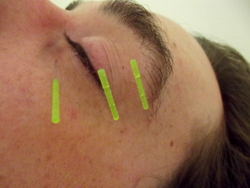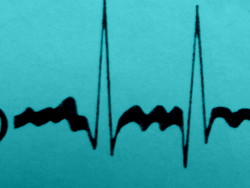
A study undertaken in Milan, Italy shows that acupuncture can accelerate return to consciousness following a general anaesthetic. Fifty patients in recovery were randomly assigned to five groups: acupuncture at one of three point combinations, acupuncture at two sham points, or no acupuncture at all. Signs of recovery appeared faster in patients given true acupuncture compared with those in the sham and no-acupuncture groups. The most effective treatment was a combination of a point on the foot, with a point on the face traditionally considered a “first-aid point” to restore consciousness.
(Acupuncture accelerates recovery after general anesthesia: a prospective randomized controlled trial. Journal of Integrative Medicine, March 2015.)



